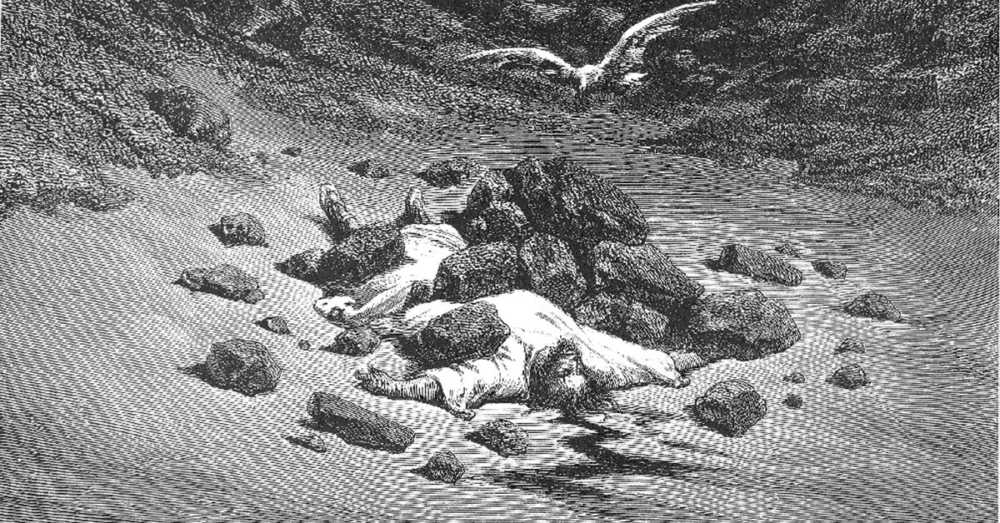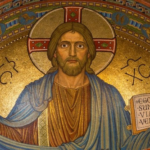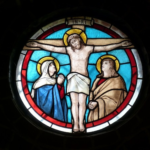We run our website the way we wished the whole internet worked: we provide high quality original content with no ads. We are funded solely by your direct support. Please consider supporting this project.
Podcast: How Does the Story of Achan In Joshua 7 Point to the Cross?
Greg looks at a violent Old Testament story through a Cruciform lens.

Send Questions To:
Dan: @thatdankent
Email: askgregboyd@gmail.com
Twitter: @reKnewOrg
Greg’s new book: Inspired Imperfection
Dan’s new book: Confident Humility
Subscribe:
Related Reading

How is the Bible “God-Breathed”?
The historic-orthodox church has always confessed that all canonical writings are “God-breathed” (1 Tim 3:16). But what exactly does this mean? How could God guarantee that the writings that his “breathing” produces are precisely what he intended without thereby undermining the autonomy of the agents he “breathes” through? In other words, did God breathe the…

What I Am, and Am Not, Doing In These Blog Posts
In this post I’d like to try to help some potentially frustrated readers by explaining what I am, and am not, trying to accomplish in this series on the violent portraits of God in the OT. First let me explain something. My forthcoming book, The Crucifixion of the Warrior God, fleshes out and defends a…

How the Bible is Trustworthy
All of God’s communication in the Scriptures are covenantal in nature. Expressing his covenantal love and faithfulness, God stoops to “breath” Scripture as a means of bearing witness to his covenant relationship with Israel, and then with the Church. Ultimately God “breathed” (2 Tim 3:16) the Scriptures in order to bear witness to the One…

Jesus is the Center of the Story
The previous post addressed how the revelation of Christ is the surprising twist that reframes how we must read all that precedes it. Today we’ll look briefly at five supports to this claim. Jesus said, “I have a testimony greater than that of John” (John 5:36). Jesus elsewhere claims that “among those born of women…

God’s Love is Cruciform
Paul instructs us in what it means to follow Jesus, when he stated, “Follow God’s example, therefore, as dearly loved children and walk in the way of love, just as Christ loved us and gave himself up for us as a fragrant offering and sacrifice to God (Eph 5:1-2). Here Paul defines what it means to…

Does Jesus’ Abandonment on the Cross Destroy the Trinity?
In my previous blog I argued that Jesus’ experience of God-forsakenness on the cross was genuine and that, as a matter of fact, there was a genuine abandonment of Jesus by the Father on the cross. In fact, I am convinced that a good deal of our theology hangs in the balance on our affirming…



